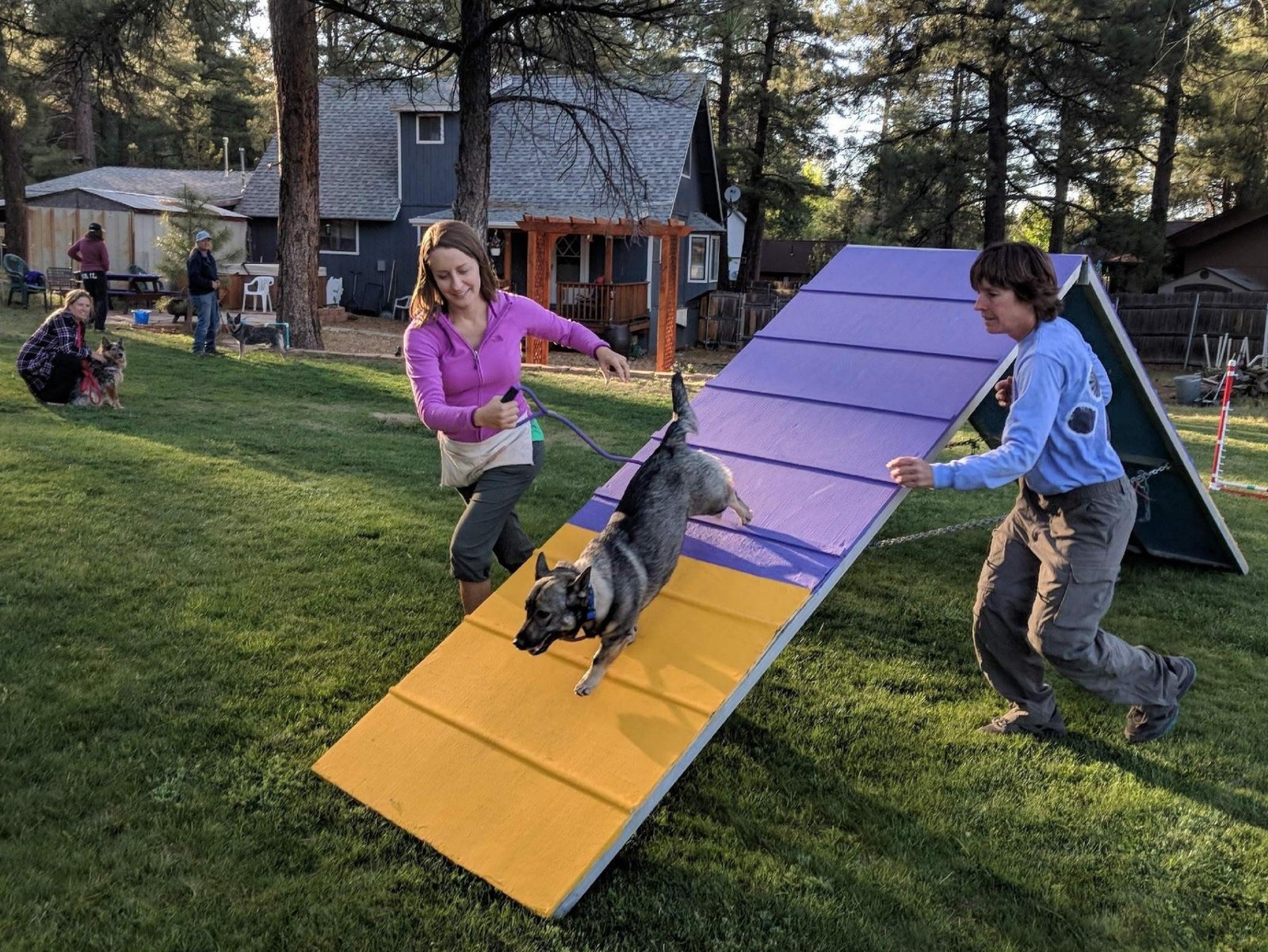Adam Karp
Arizona’s Oversight Fails Grieving Pet Owners as Vets Take the Tragic Step to Euthanize Beloved Animals

Flagstaff resident Staci Foulks is mourning the loss of her beloved dog, Greta, following a botched veterinary procedure that has sparked outrage and calls for reform. Greta, a five-year-old Swedish Vallhund, was not only Foulks’ pet but served as an emotional support companion during pivotal moments in her life, including throughout her pregnancy.
In 2022, a series of alarming symptoms prompted Foulks to take Greta to their veterinarian, suspecting a urinary tract infection. The vet resorted to a controversial procedure known as cystocentesis, which involves inserting a needle into the abdomen to extract urine. Unbeknownst to Foulks, this invasive method carried risks. Warnings from vet technicians were reportedly ignored, leading to Greta’s sudden collapse shortly after the procedure. Despite resuscitation efforts, Greta died, leaving Foulks devastated.
An autopsy revealed severe internal injuries consistent with complications from the procedure, leading Foulks to question the trustworthiness of veterinary care. Her plight highlights a broader concern over accountability within the veterinary profession, particularly regarding the Arizona State Veterinary Medical Examining Board, which Foulks alleges failed to take action against the responsible veterinarian.
Critics argue that the board, primarily composed of veterinarians, operates within an insular framework that often dismisses complaints. Past audits have indicated a troubling record of inadequate disciplinary actions. “It felt like an old boys club, like they’re protecting their own,” Foulks remarked, expressing her frustration with the perceived lack of accountability.
This sentiment is echoed by other pet owners, such as Veronica Postel, who experienced a similarly distressing situation when a veterinarian recommended unnecessary surgery for her cat. After refusing the procedure based on her instinct and subsequent validation by a radiologist, Postel’s complaint to the regulatory board was dismissed, intensifying her concerns about the system.
Challenged by a lack of support for malpractice claims, Foulks has decided to take legal action, filing a civil lawsuit against the veterinarian. However, the legal framework in Arizona categorizes pets as property, which complicates cases of veterinary negligence. Even if she wins, compensation would likely not reflect the emotional bond owners share with their pets.
Efforts are underway to address these gaps in accountability. Senator John Kavanagh has proposed new legislation that would redefine veterinary malpractice and increase potential damages awarded in civil cases, aiming to bring higher standards to the industry. “I’d like to do more, but that is a difficult legislative hurdle,” he noted, pinpointing powerful veterinary lobbying efforts as a significant barrier.
As Foulks continues to pursue justice for Greta, she hopes to shed light on systemic issues and advocate for change, urging other pet owners to document their grievances. While the journey has been arduous, Foulks retains a glimmer of hope that her story may inspire necessary reforms in veterinary practices and oversight.


















